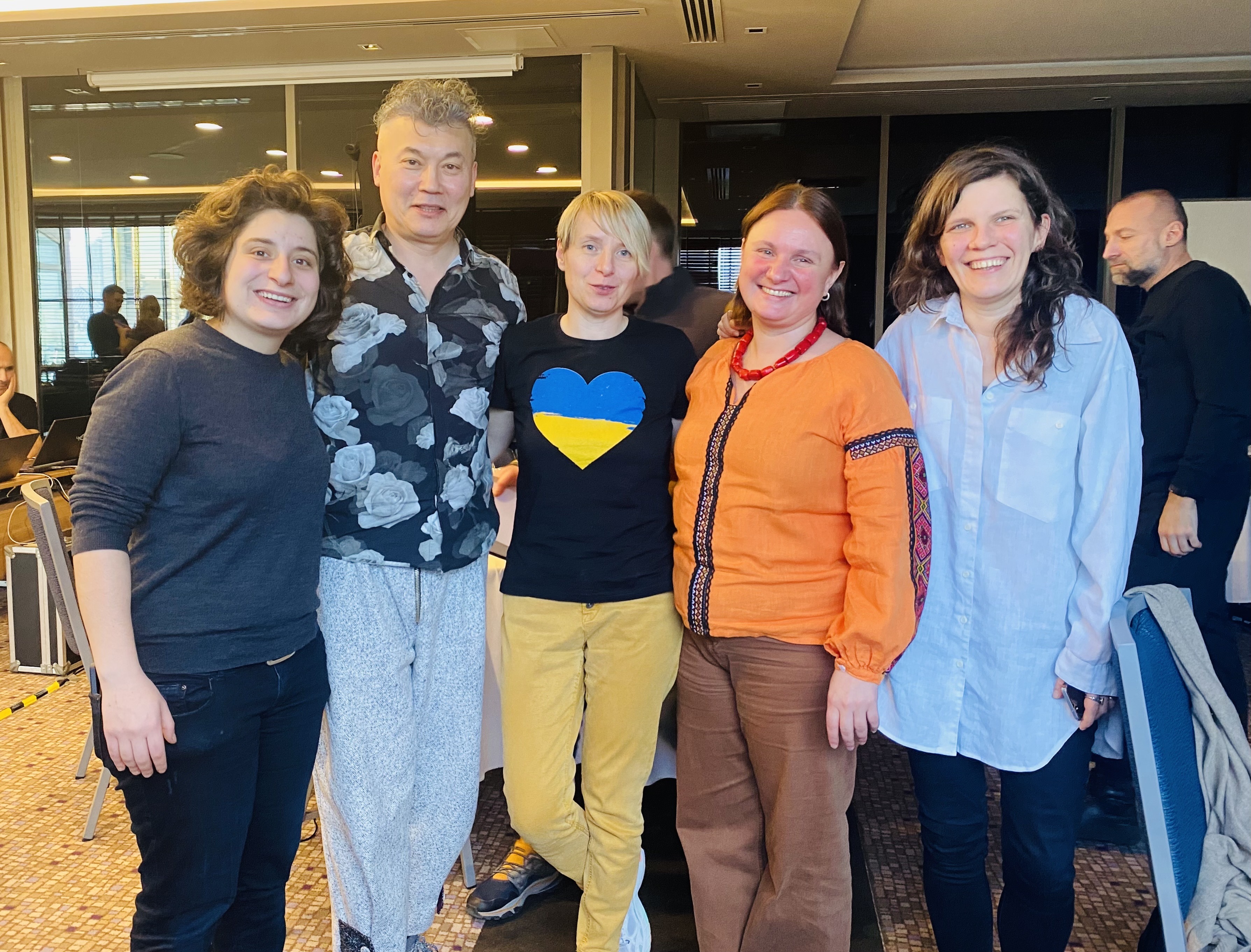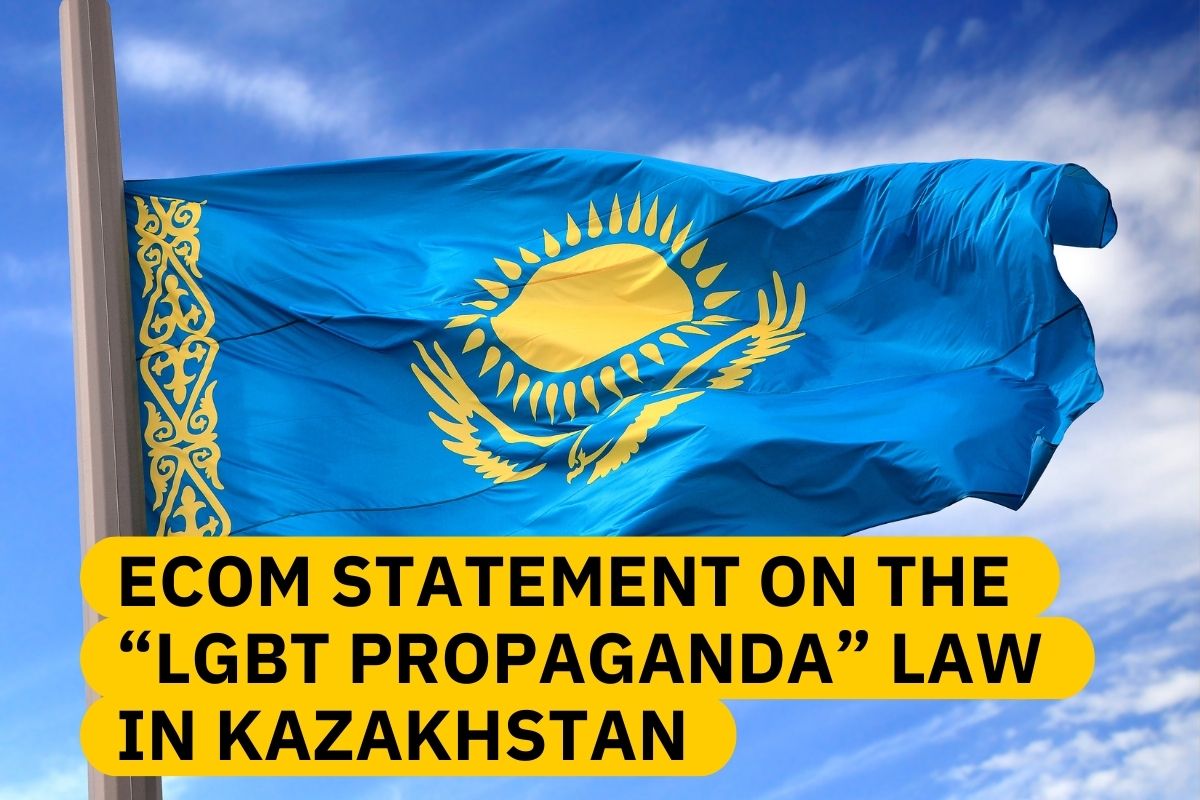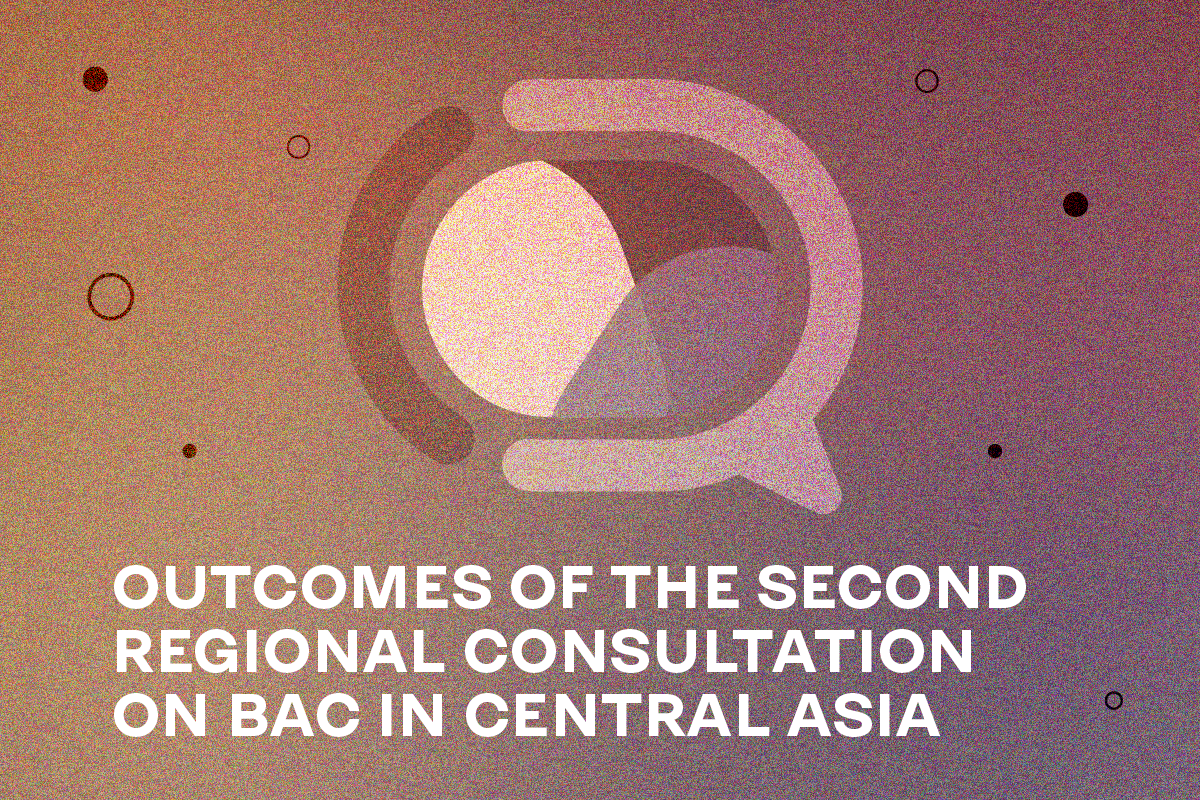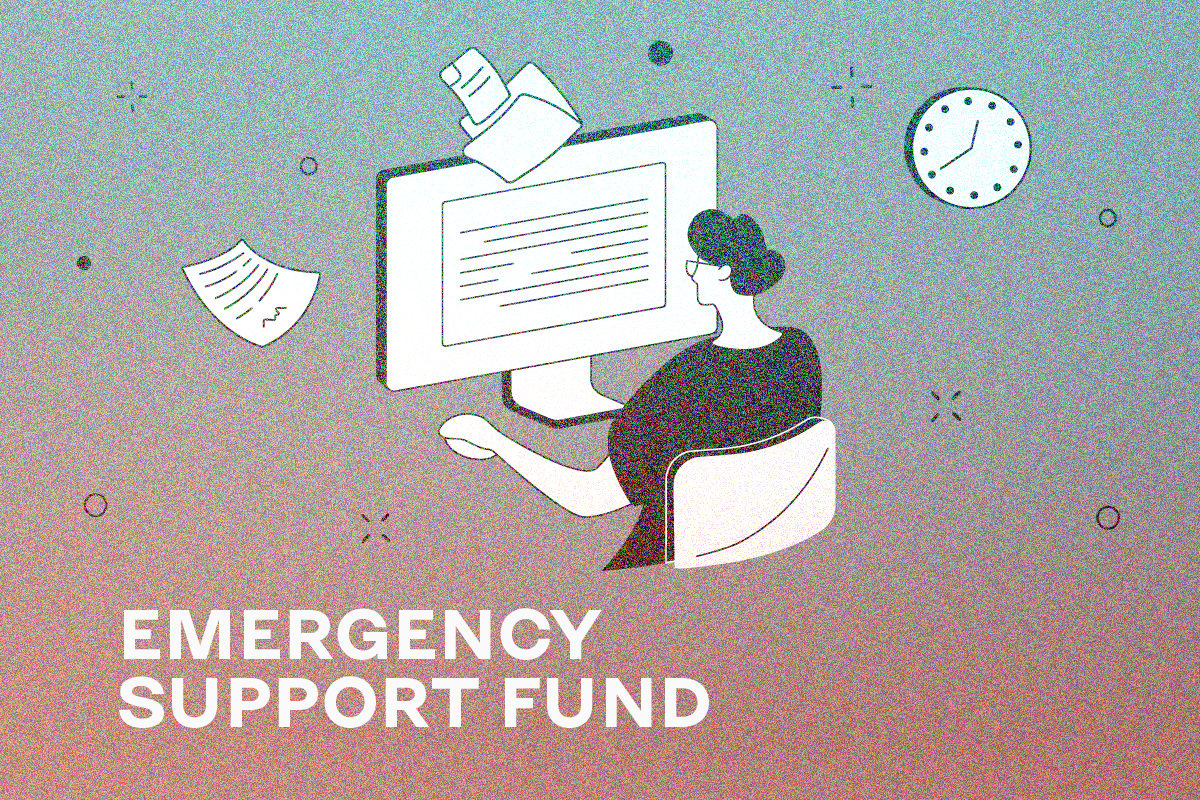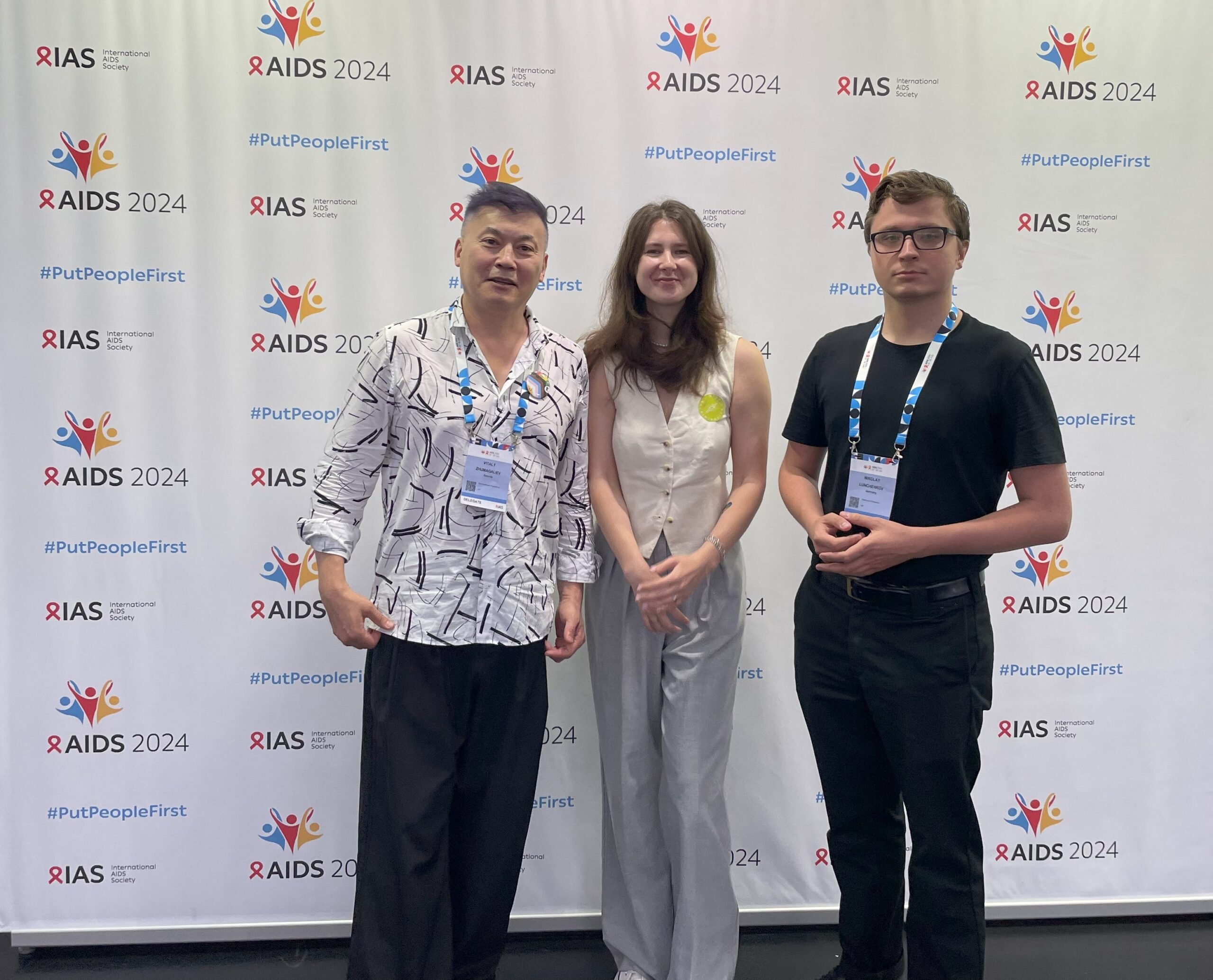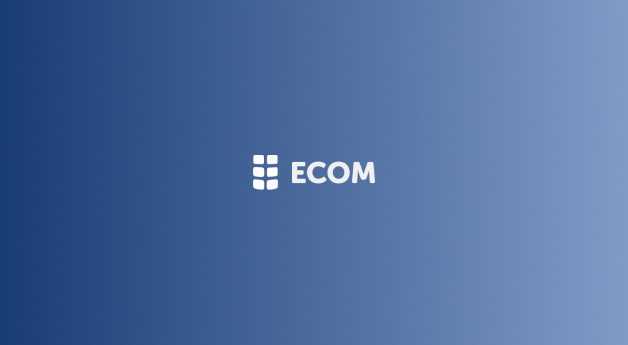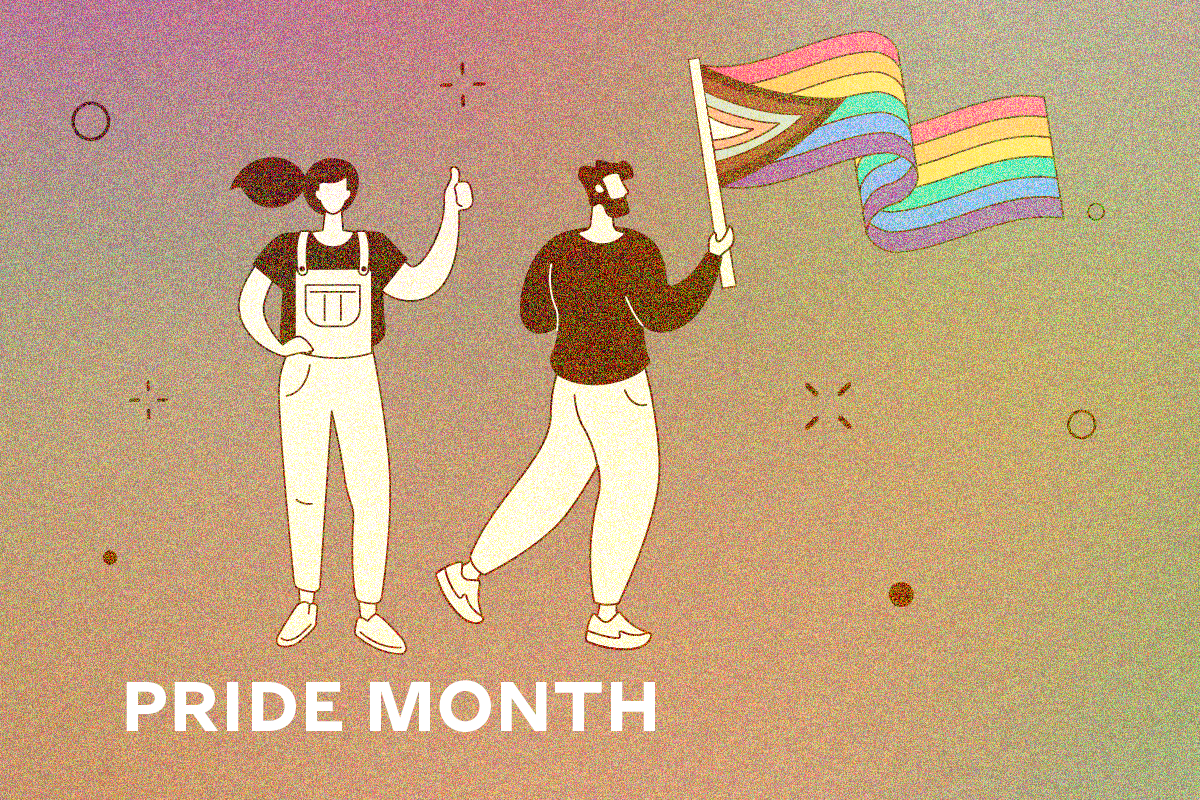The ECOM team participated in the Regional Community Consultation on building consensus regarding approaches and priorities in community-led monitoring in Eastern Europe and Central Asia (EECA). The event was held in Istanbul from January 31 to February 2. During the consultation, ECOM experts shared their experience of including LGBT people in monitoring processes both in the field of human rights and in the field of HIV prevention and treatment.
At the Regional Consultation, the participants reached a consensus on the understanding of community-led monitoring (CLM):
- Communities themselves should initiate and lead the monitoring process at all its stages.
- Any issues that are important for communities can be the subject of monitoring: health programs, human rights, the legislative situation, attitudes in society, financial security, etc.
- Donor organizations cannot interfere in the process and interpretation of the results.
In addition, during the meeting, the idea of having a document with a more complete definition of CLM, its principles and ethical aspects was discussed.
Why is it important?
CLM as an approach to identify gaps became popular in the region among both key communities and donors. It helps communities themselves identify gaps in areas that are important to the community itself and then demand that the identified gaps are dealt with. However, interested parties interpret CLM rather loosely, often substituting concepts and detracting from the importance of communities in the monitoring process.
That is why the meeting attended by the ECOM team was so important: “Community-led monitoring is the epitome of ‘nothing about us without us’. The goal of CLM is not just to collect information and show what is happening in communities, how services are provided to us, how systems affect us. The main goal of CLM is to use all this data to change services and systems to make them as suitable as possible for communities. At this meeting, regional networks of various communities agreed on a common understanding of how this could be done. Together we are strong!” – says Vitaly Djuma, Executive Director of ECOM, who participated in the meeting.
CLM in simple terms
Here is an example of what the above means:
Organization X is not an LGBT organization. It consists only of experts, and there are no people from the community. Organization X decides to conduct a monitoring of services, develops a methodology, and hires a queer person who interviews the LGBT community. Organization X states that a community-led monitoring was conducted because there was a queer person among the people who carried it out. Is that how it works?
According to the consensual definition of the CLM principles adopted at the meeting, this would not be an example of CLM, since the community did not participate in all stages of this monitoring from the beginning (decision) to the end (analysis of the results).
Nothing about us without us!
What is ECOM doing already?
ECOM documents cases of violence and discrimination in the countries of the EECA region. ECOM uses the collected information in advocacy to change the situation. The monitors who work on collecting data are people from the LGBT community.
ECOM conducts regular research on the cascade of HIV services for LGBT people, analysis of HIV and SOGI legislation, and needs assessments.
ECOM has developed and uses its own methodology to monitor services based on the “mystery client” principle.
ECOM conducts many one-time community-led studies (on internalized homophobia and transphobia, medical and social workers’ attitudes towards LGBT people, gender barriers to HIV services for trans women) that are also used for monitoring.
We shared all this experience with colleagues from different countries at the Regional Consultation on CLM.
